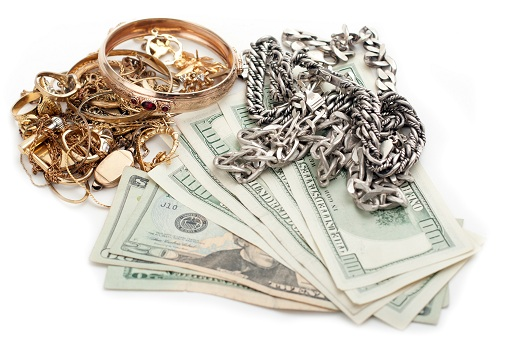Reporting Requirements for Silver Sales
Buying and selling precious metals, including silver, is often a passive yet welcome form of income for many individuals. In fact, being a diligent, strategic, and well-informed buyer and seller can result in a much-appreciated extra source of income. However, it’s also important to be aware of the potential tax implications and reporting requirements involved with selling silver. The experts from First National Bullion and Coin, Carlsbad precious metals dealers with years of experience collectors rely on, explain what you need to know.
Larger Single Cash Transactions
If you make $10,000 or more in cash from selling silver or other precious metals, the IRS requires you to report such transactions, but this only applies to single cash transactions of this amount. Be aware that “cash” doesn’t refer to paper currency only when it comes to reporting requirements. You’ll also need to report applicable silver transactions made with:
• Traveler’s or cashier’s checks
• Money orders
• Bank drafts
• Foreign currency
Silver Bars
Simply selling your silver bars doesn’t automatically create a tax liability. You’ll only need to pay taxes if you make a profit from what you sell. This is referred to as a “capital gain,” which we explain below. On a side note, 100-ounce silver bars aren’t reportable regardless of the quantity.
Silver Coins
Reporting is required if you sell a silver coin that’s 90 percent silver with a face value of at least $1,000. Realistically, there are few single silver coins currently available that can meet these requirements.
Capital Gains Tax
Any additional income of significant value may be subject to capital gains taxes, which can include earnings from silver you decided to part with during the most recent tax year. A “capital gain” refers to profits gained from the sale or exchange of personal assets. For example, if you have a silver coin or bar you ended up selling that had a higher value than what you originally paid for it, a capital gains tax applies. Silver that has gained value only needs to be reported if you sold it. Therefore, if silver you already purchased is now worth more but you have no plans to sell it, it’s not considered taxable.
Talking to an Investment Professional
If you have concerns about what you may need to report as far as silver transactions go, see what an investment professional has to say. Look for one who’s familiar with precious metals if silver and other precious metals are a significant part of your portfolio and you regularly buy and sell. Doing so gives you access to advice more specific to your situation. Gaining a better understanding of reporting obligations also makes it easier to determine your silver-related buying and selling plans for the next tax year.
Tax Forms Used
Dealers report applicable transactions with forms 1099-B and 8300. For individuals, sales of physical silver or gold are reported on Schedule D as an attachment to Form 1040. Taxes aren’t immediately due when the transaction is made.
When they’re looking for expert advice on the smartest ways to sell or buy silver bullion, Carlsbad residents should work with trustworthy precious metal dealers who offer high-quality service and have years of experience. Call on the industry-leading professionals at First National Bullion when you need advice on investing in precious metals, including silver, gold, platinum, and palladium. Give us a call today at (760) 253-8072.
The statements made in this blog are opinions, and past performance is not indicative of future returns. Precious metals, like all investments, carry risk. Precious metals and coins may appreciate, depreciate, or stay the same in cash value depending on a variety of factors. First National Bullion does not guarantee, and its website and employees make no representation, that any metals for sale will appreciate sufficiently to earn the customers a profit. The decision to buy, sell, or borrow precious metals and which precious metals to purchase, borrow, or sell are made at the customer’s sole discretion.


